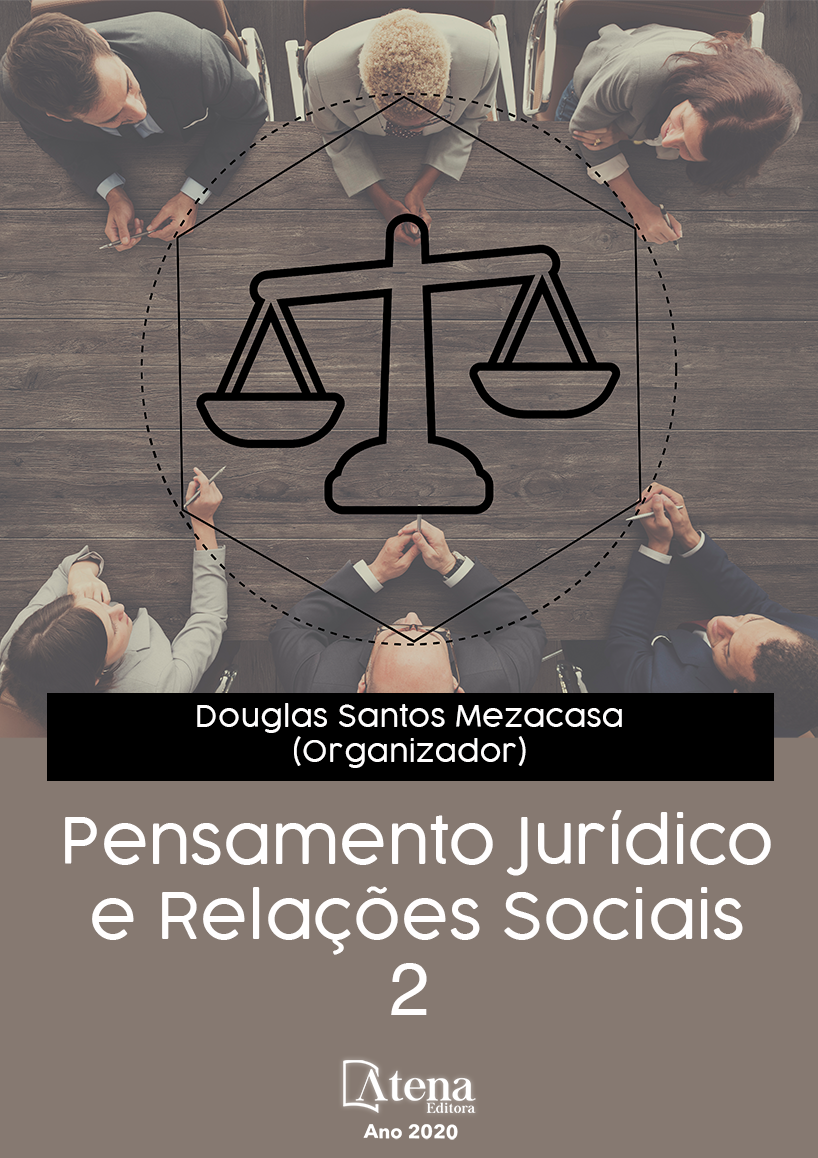
REFORMA TRABALHISTA E O CERCEAMENTO DO DIREITO FUNDAMENTAL DE ACESSO À JUSTIÇA DO TRABALHO
No dia 13 de julho de 2017, a Lei n° 13.467 foi sancionada pelo Presidente da República, Michel Temer, modificando e criando alguns institutos de direito material e processual do trabalho. Nessa perspectiva, esta pesquisa, através da pesquisa exploratória, de natureza qualitativa, método dedutivo, coleta de dados documental e bibliográfica, procedeu-se de modo a comparar as teorias existentes, as legislações pertinentes, e o entendimento jurisprudencial sobre o cerceamento do direito fundamental de acesso à Justiça do Trabalho, as condições para o exercício do benefício da justiça gratuita e seus efeitos práticos na sociedade, após a Reforma Trabalhista. Não obstante, sob apreciação dos artigos 790, §3° e §4°, 790-B, caput e §4°, 791-A, §4°, da Consolidação das Leis do Trabalho, foram avaliadas as alterações dos requisitos mínimos da declaração de hipossuficiência econômica, como também a nova dinâmica da responsabilidade pelo pagamento de honorários periciais e sucumbenciais. Por fim, buscou-se, embasado nos princípios constitucionais, elucidar os cruciais aspectos que impactam direta ou indiretamente o direito fundamental de acesso à Justiça do Trabalho.
REFORMA TRABALHISTA E O CERCEAMENTO DO DIREITO FUNDAMENTAL DE ACESSO À JUSTIÇA DO TRABALHO
-
DOI: 10.22533/at.ed.78720130710
-
Palavras-chave: Reforma Trabalhista; Direito Fundamental; Acesso à Justiça.
-
Keywords: Labor reform; Fundamental law; Access to justice.
-
Abstract:
On July 13, 2017, Law 13,467 was sanctioned by the President of the Republic, Michel Temer, modifying and creating some institutes of material and procedural labor law. In this perspective, this research, through exploratory research, of a qualitative nature, of the deductive method, of the collection of documentary and bibliographic data, proceeded to the way of comparing the existing theories, the related legislation and the jurisprudential exam on the right fencing fundamental to access to Labor Justice, as conditions for exercising free justice benefit and its practical effects on society, after the Labor Reform. However, upon acceptance of articles 790, § 3 and § 4, 790-B, caput and § 4, 791-A, § 4, of the Consolidation of Labor Laws, they were assessed as changes to the applicable requirements The declaration of economic under-sufficiency, as well as a new responsibility for payment of personal and sucumbencial fees. Finally, look for it, based on constitutional principles, to elucidate the crucial aspects that directly or indirectly impact or the fundamental right to access to the Labor Court.
-
Número de páginas: 15
- Raíssa Julie Freire Gouvêa
- Fabiana da Silva Santos
- Clarice Ribeiro Alves Caiana
- Francisco das Chagas Bezerra Neto


